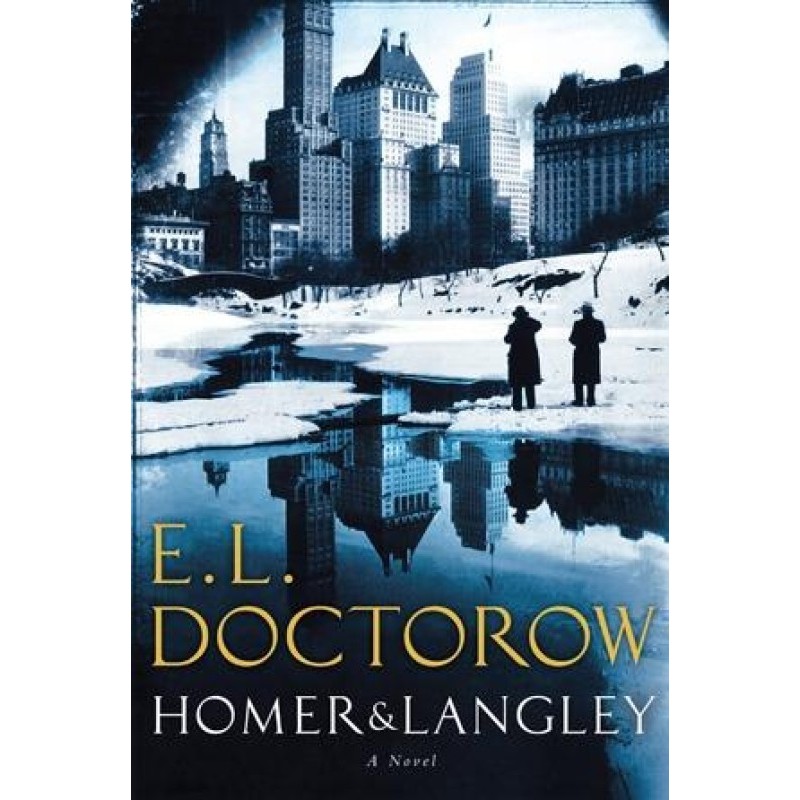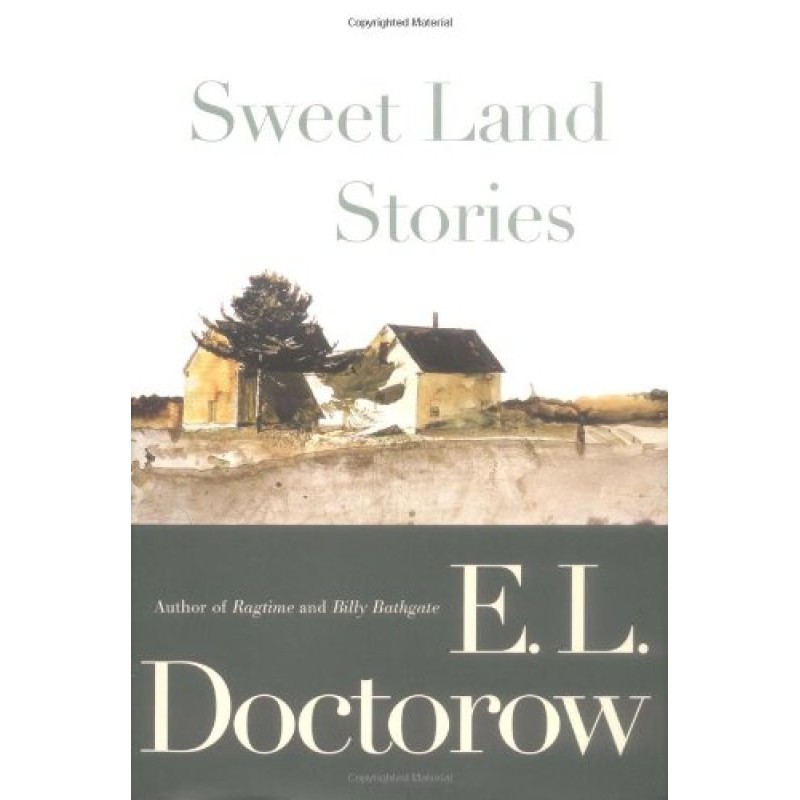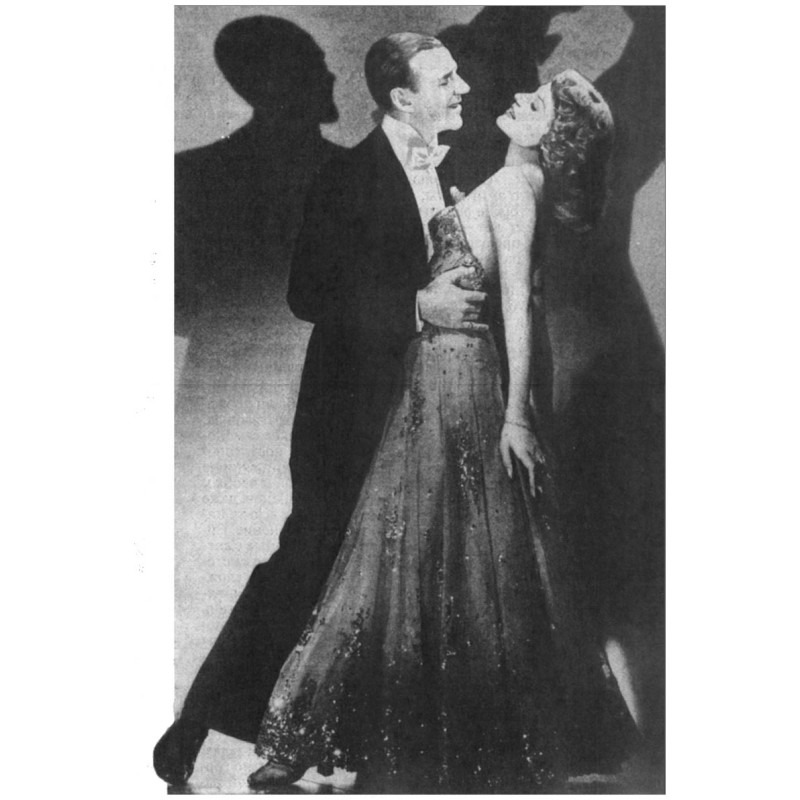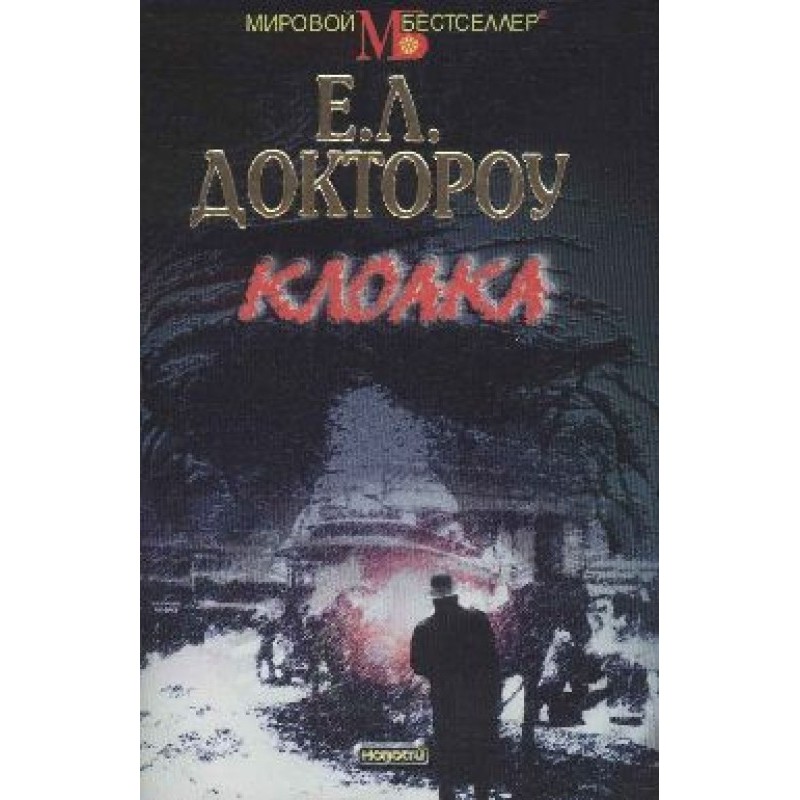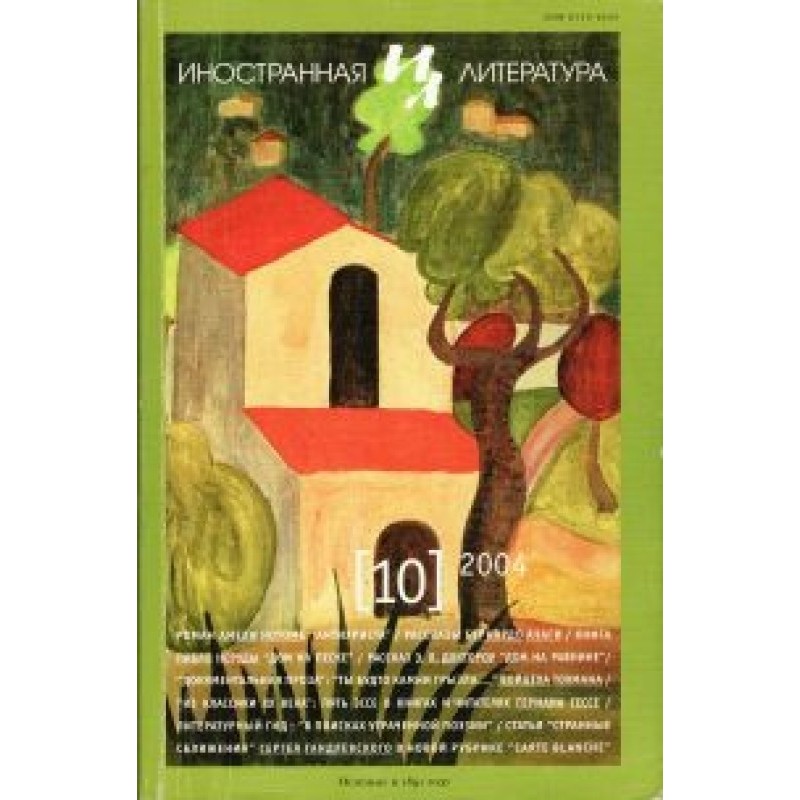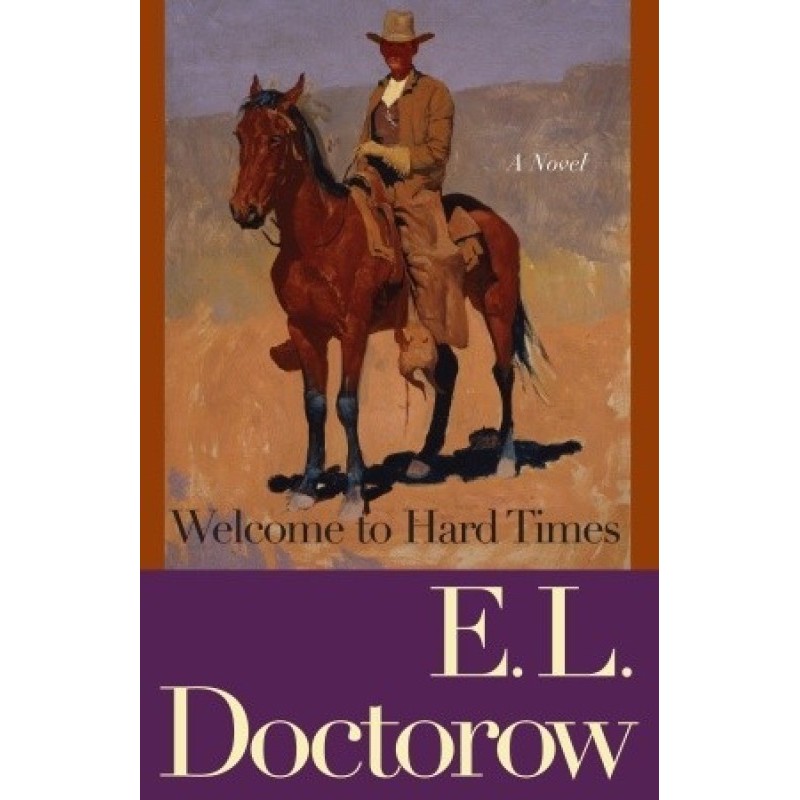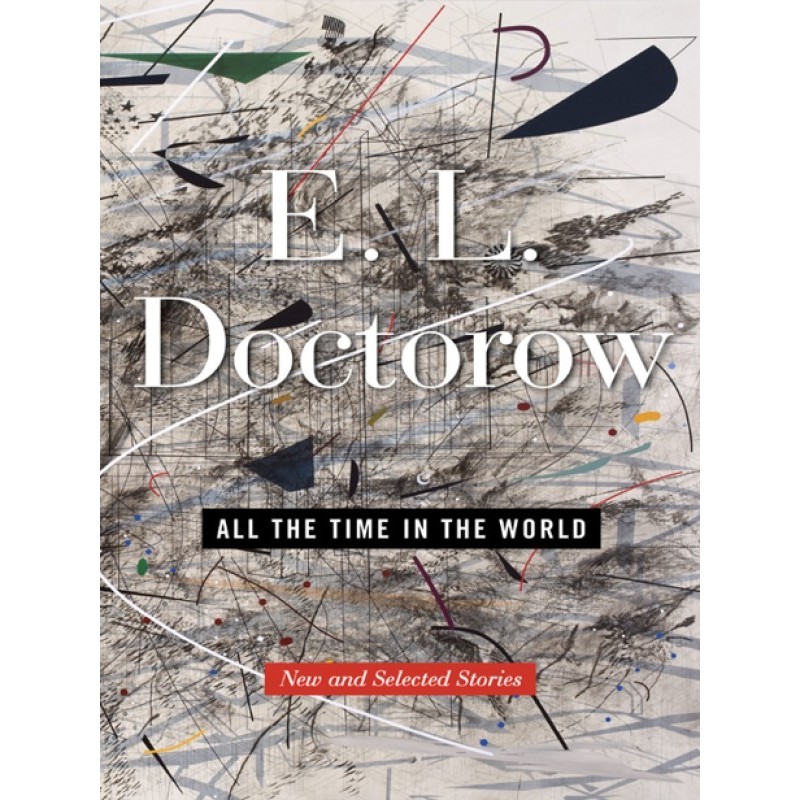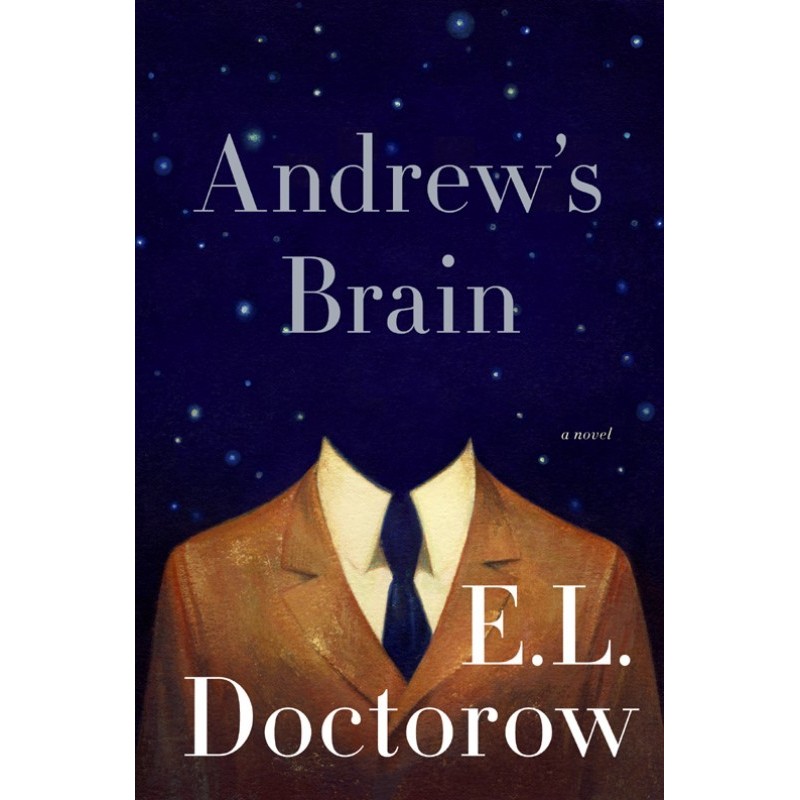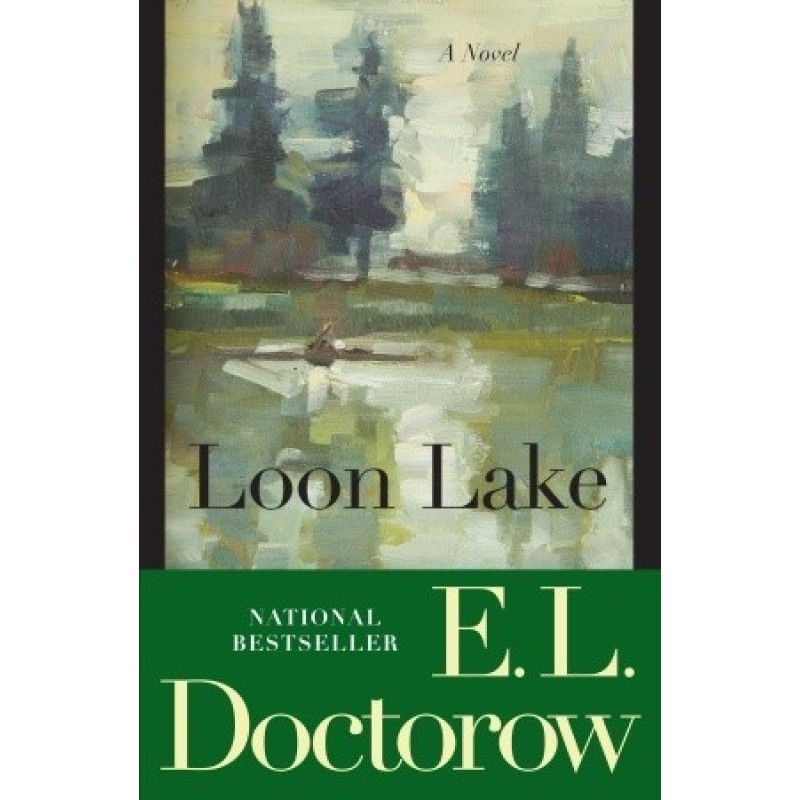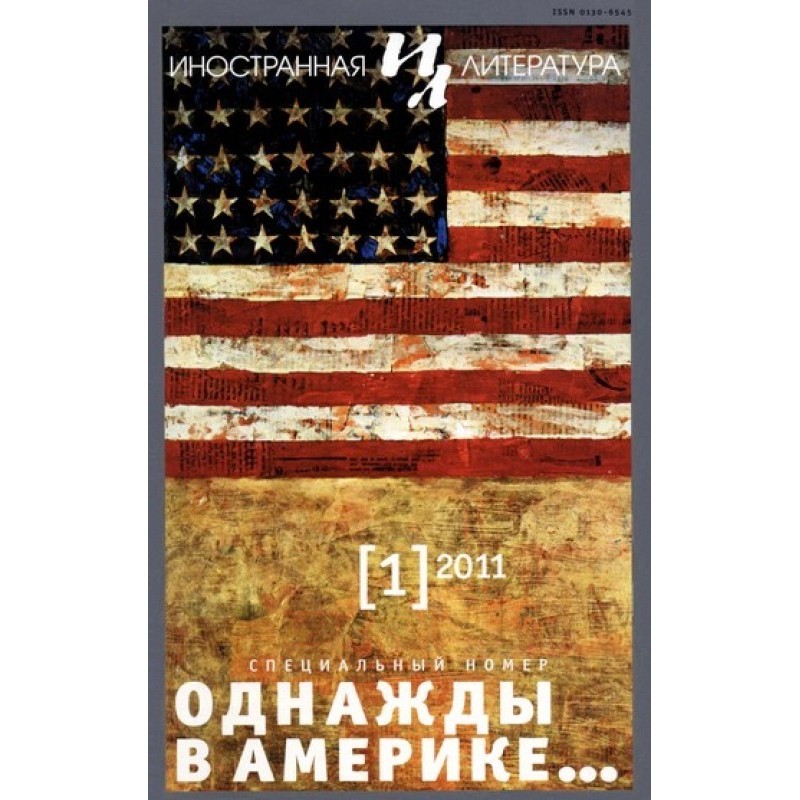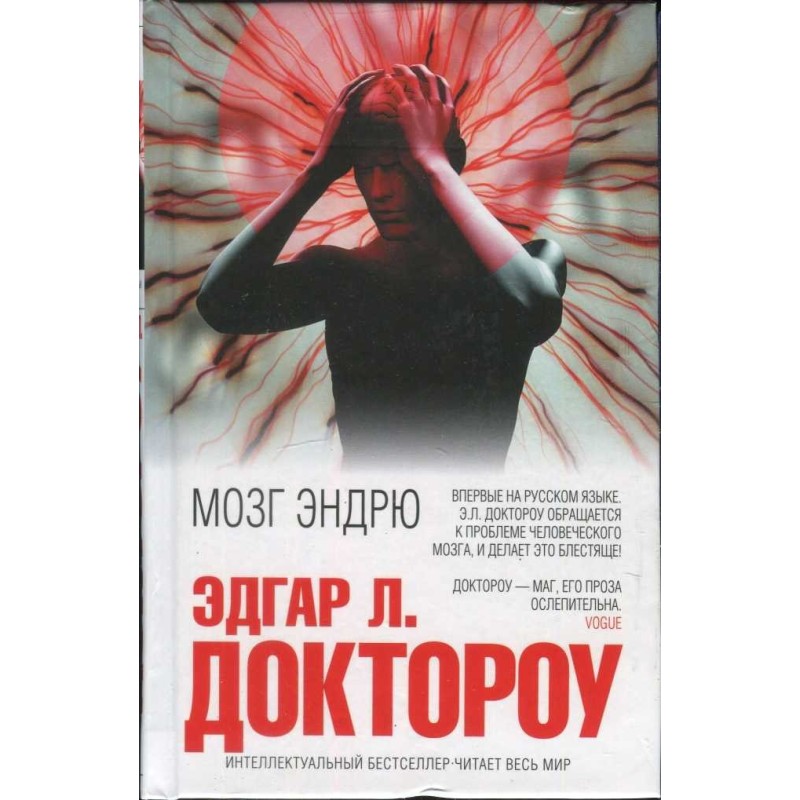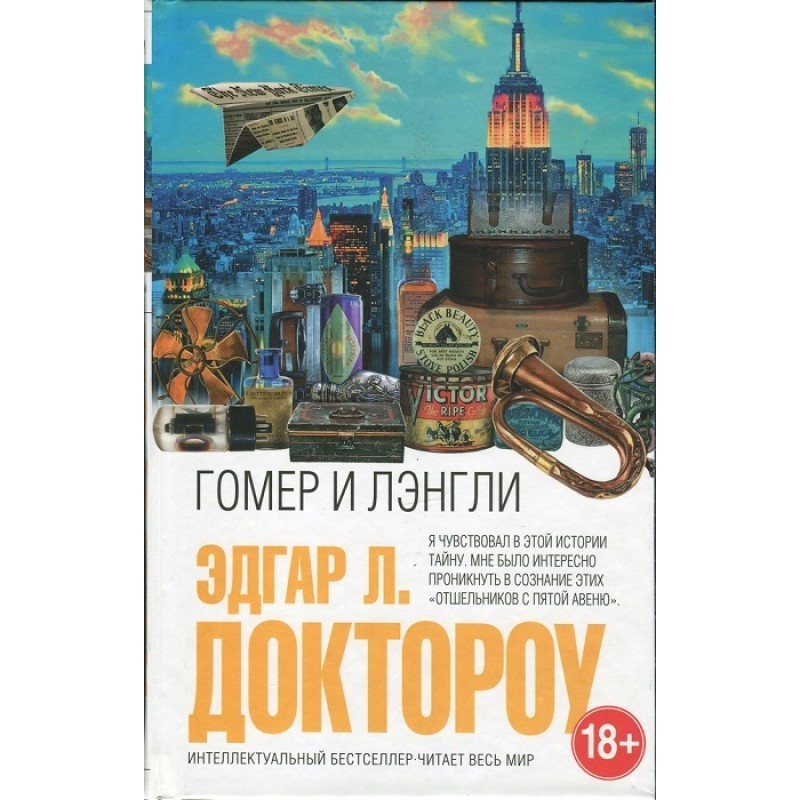March
 Instant download
Instant download
after payment (24/7)
 Wide range of formats
Wide range of formats
(for all gadgets)
 Full book
Full book
(including for Apple and Android)
Edgar Lawrence Doctorow (b. 1931) is a living classic of American literature, twice winner of the US National Book Award (1976 and 1986). At one time, his masterpiece “Ragtime” (1975) (filmed by Milos Forman), translated into Russian by V. Aksenov, created a real sensation. In The March (2005), Doctorow betrays his favorite era—the turn of the century, against which Ragtime and the World's Fair (1985) are set—and takes on another historical layer—the Civil War, an epoch-making period in American history. The novel about the notorious Northern General William Sherman, whose decisive actions determined the outcome of the war in favor of the Yankees, like other works of Doctorow, is a fusion of literature of fiction and literature of fact. “The fluid world of Sherman’s army, destroying life just as a stream destroys it, draws into itself and carries fragments of this life, but already changed, turned into something new,” John Updike writes about Doctorow’s novel. Doctorow’s “The March,” echoed Walter Kern, “demonstrates what most other historical war novels are silent about: “Yes, war is hell. But hell is not the end of the world. And by learning to live in hell—and to go through hell—people change and renew the world. They have no other choice.”
Data sheet
- Name of the Author
- Эдгар Доктороу Лоуренс
- Language
- Russian
- Translator
- Владимир Борисович Бошняк
Reviews
Вражаючий роман, який занурює в епоху Громадянської війни
"Марш" Едгара Лоренса Доктороу - це не просто історичний роман, а справжня подорож у часі, яка дозволяє читачеві відчути всю глибину та жорстокість епохи. Автор майстерно поєднує факти та вигадку, створюючи живу картину життя солдатів та цивільних осіб під час війни. Доктороу зумів передати не лише фізичні страждання, а й психологічні переживання персонажів, які змушені були боротися за виживання в умовах жахливої руйнації. Його стиль письма вражає своєю поетичністю та глибиною, що робить кожну сторінку захоплюючою. Особливо вражає, як автор показує, що навіть у найтемніші часи люди здатні знаходити надію та нові можливості. "Марш" - це не лише про війну, а й про людську стійкість, про те, як важливо вміти жити, навіть коли навколо пекло. Рекомендую цю книгу всім, хто цікавиться історією та хоче зрозуміти, як війна формує не лише нації, а й окремі долі.



